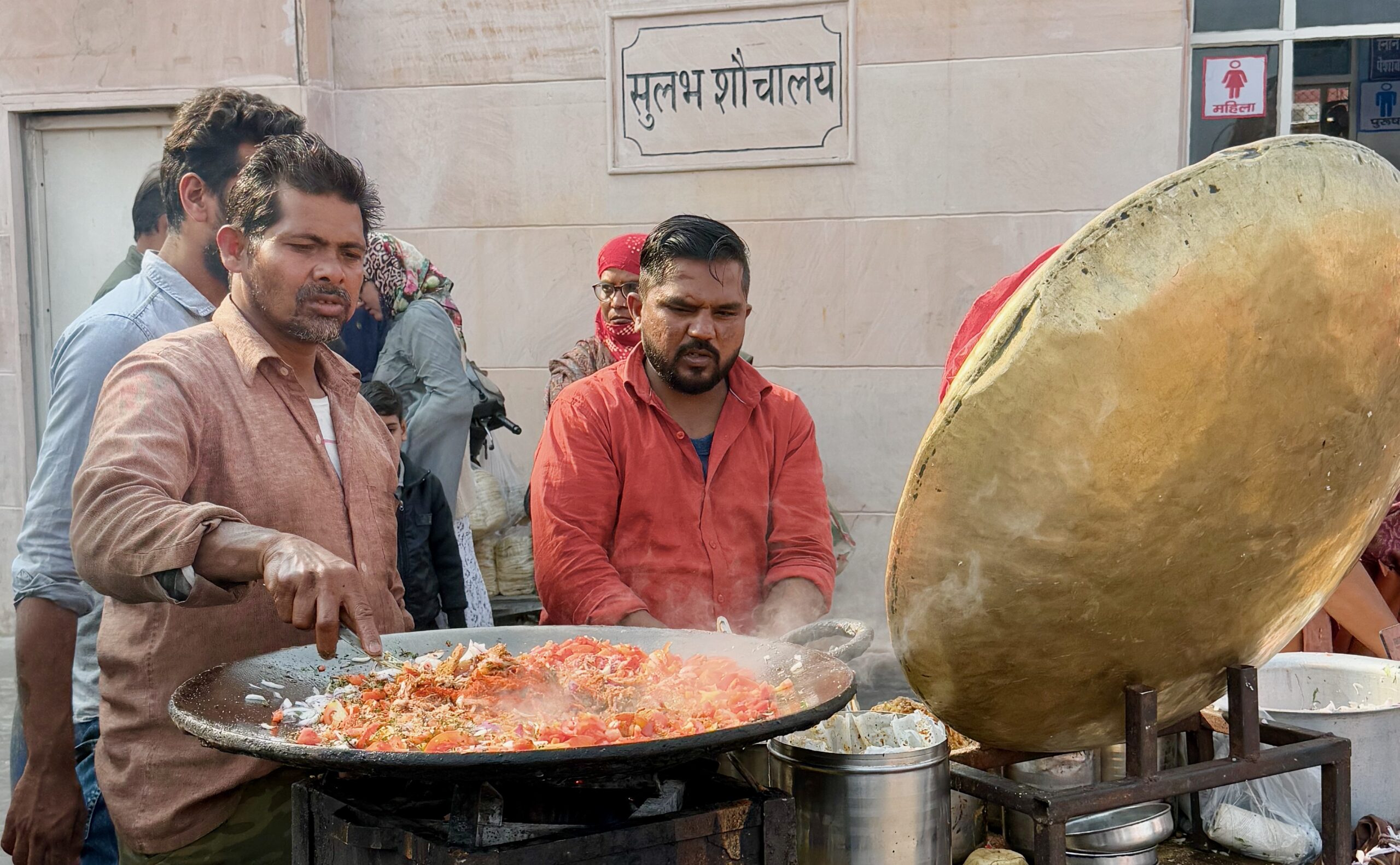Health Safety

Health Safety in India: A Practical Guide for Travelers
India offers diverse experiences, but ensuring your health and well-being during your trip is crucial. Here’s a comprehensive guide to staying healthy in India.
Water and Food Safety
Water Safety
- Drink Bottled Water: Always choose sealed, branded bottled water. Popular brands like Bisleri, Kinley, or Aquafina are reliable.
- Avoid Tap Water: Tap water should not be consumed unless it is filtered or boiled.
- Be Careful with Ice: In places where water quality is questionable, avoid consuming drinks with ice.
Food Safety
- Street Food: Enjoy India’s vibrant street food with caution. Choose visibly clean, busy vendors (indicating fresh food and quick turnover).
- Cooked Food: Opt for freshly cooked, steaming hot food rather than pre-prepared dishes.
- Fruits and Vegetables: Eat fruit that can be peeled (e.g., bananas, oranges), and avoid raw salads in places where hygiene standards are uncertain.
- Dairy Products: Ensure milk-based foods like lassi or yogurt are made with pasteurized milk.
Common Health Risks
Traveler’s Diarrhea
This is the most common ailment among travelers to India.
- Prevention: Stick to safe drinking water and avoid risky food.
- Treatment: Carry oral rehydration salts (ORS) to prevent dehydration and consult a doctor if symptoms persist.
Mosquito-Borne Diseases
India is home to diseases like malaria, dengue, and chikungunya.
Prevention:
- Use mosquito repellents with DEET or picaridin.
- Wear long-sleeved clothing and pants in the evening.
- Stay in accommodations with screens or air conditioning.
- Use mosquito nets, especially in rural or jungle areas.
- Vaccines and Prophylaxis: Consult a healthcare professional about malaria prophylaxis before traveling.
Air Pollution
Major cities like Delhi and Kolkata may have poor air quality, particularly during winter.
Prevention:
- Check the AQI (Air Quality Index) daily and avoid outdoor activities during high pollution levels.
- Wear an N95 or N99 mask if pollution is severe.
Heat and Sun-Related Risks
India can get extremely hot, especially during the summer months.
Prevention:
- Stay hydrated and avoid prolonged exposure to the sun.
- Wear a hat, sunglasses, and sunscreen with SPF 30 or higher.
- Plan outdoor activities early in the morning or late afternoon to avoid the peak heat.
Rabies
India has a high prevalence of stray animals, particularly dogs.
Prevention:
- Avoid petting or feeding stray animals.
- Treatment: If bitten or scratched, wash the wound thoroughly with soap and water and seek medical attention immediately for a post-exposure rabies vaccine.
Vaccinations and Preventive Healthcare
Consult your doctor or a travel clinic at least 4–6 weeks before your trip to India to receive necessary vaccinations. Recommended vaccines include:
- Hepatitis A and B
- Typhoid
- Tetanus and Diphtheria
- Rabies (for extended stays or those visiting remote areas)
- Japanese Encephalitis (if visiting rural areas during the monsoon)
- Yellow Fever (required only if you’re from a yellow fever-endemic country).
Personal Hygiene
- Carry hand sanitizer and use it often, especially before eating.
- Use toilet paper or tissues, as they may not always be available in public restrooms.
- Pack wet wipes for cleaning hands or surfaces.
Medical Facilities and Emergency Care
- Pharmacies are easily accessible in most cities and towns. Many medications are available over the counter, but ensure you purchase them from reputable stores.
- Hospitals: India has world-class hospitals in major cities like Delhi, Mumbai, and Bengaluru. Look for private hospitals such as Apollo, Fortis, or Max Healthcare for quality care.
- Travel Insurance: Ensure that comprehensive travel insurance covers medical emergencies and evacuation.
COVID-19 and Infectious Diseases
- COVID-19 Precautions: While the situation has eased, safety protocols, such as wearing masks in crowded areas, should be followed.
- Tuberculosis (TB): TB is common in India. Avoid prolonged exposure to crowded, poorly ventilated areas.
Mental Health and Well-Being
- India’s sensory-rich environment can be overwhelming for some travelers.
- Take breaks from crowded areas or busy itineraries.
- Practice meditation, yoga, or mindfulness for relaxation.
Emergency Numbers
- Medical Emergencies: 108
- Police: 112
- Ambulance Services: 102
Final Tips for Health Safety
- Pack a basic first-aid kit with essentials like pain relievers, antiseptics, bandages, and prescribed medications.
- Avoid overly adventurous activities (like eating extremely spicy or exotic dishes) early in your trip to allow your body time to adjust.
- Stay alert to your body’s needs—whether hydration, rest, or recovery.
Taking these precautions allows you to enjoy India’s beauty and cultural richness while staying safe and healthy!

